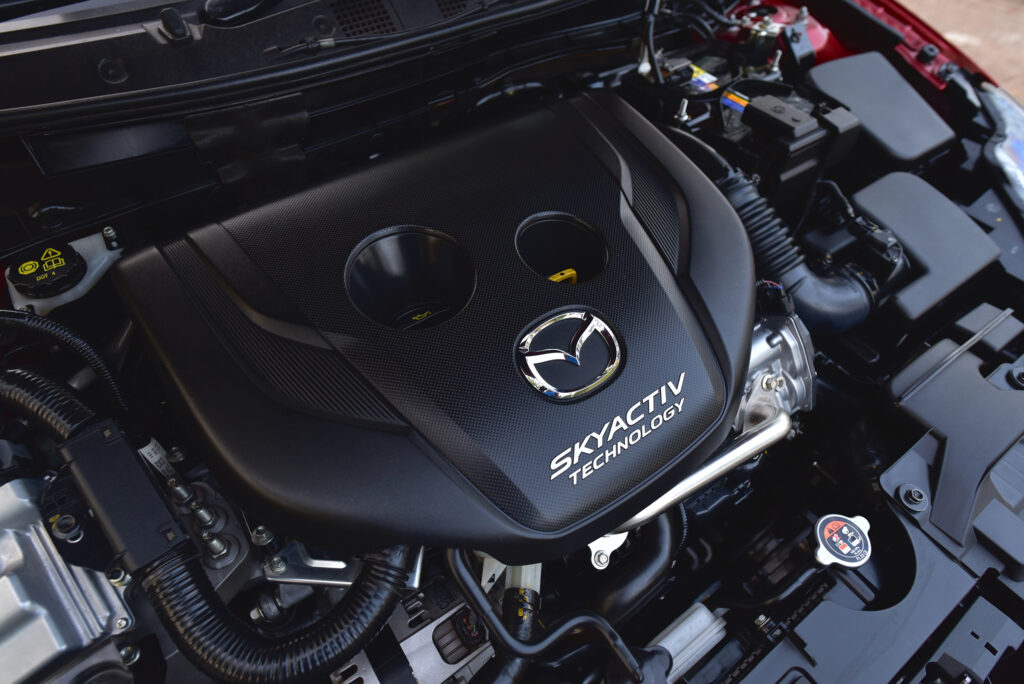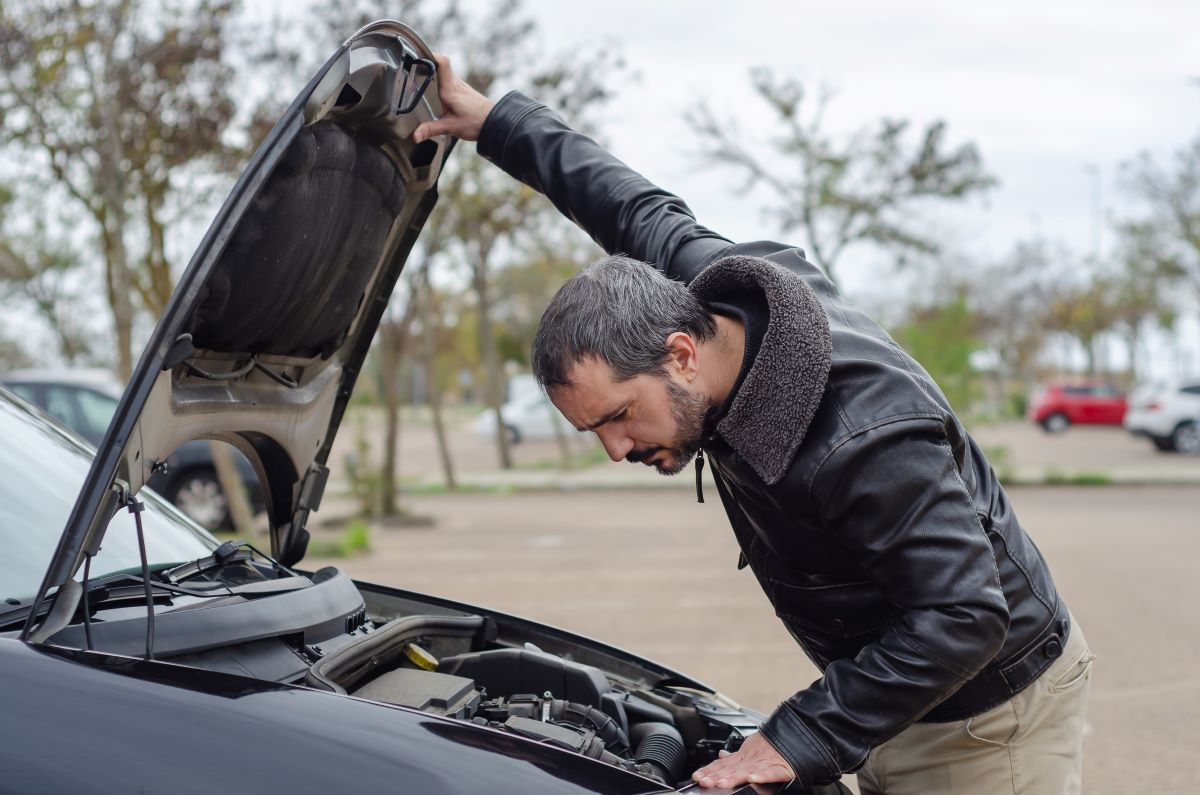One moment, you’re driving along with everything running smoothly, and the next, you hear an unusual sound when you accelerate.
While some car noises are normal—like the hum of tires, the wiping of windshields, or the whistle of side mirrors in the wind—it’s important to distinguish these from new or problematic sounds.
Below are 12 common car noises and tips on how to address them.
1. Hissing Sound Under the Hood
A hissing noise under the hood after shutting off the car could indicate a leak in the cooling system or vacuum system.
If the hissing occurs while the car is running, it’s often a sign of a leak in a vacuum line, hose, or fitting.
2. Chugging or Rattling Noises
Chugging or rattling sounds often point to issues with the exhaust system. A chugging noise may indicate a blockage in the exhaust, while a rattling sound could mean the wheels are misaligned.
If the noise is hissing, there could be a crack in the exhaust system. In such cases, it’s best to have your car inspected by a professional.
3. Low-Pitched Humming Under the Car
A low-pitched humming sound can result from several potential problems. It could indicate a need for differential lubricant, a failing transmission, or worn-out universal joints or wheel bearings.
Pay attention to when the sound occurs, as this information will help your mechanic pinpoint the issue.
4. Screeching or Grinding From the Brakes
If braking sounds like nails on a chalkboard, it’s likely time to replace the brakes.
A grinding sound usually signals that the brake pads are completely worn down, which can damage the brake rotors. Address this issue promptly to avoid further damage.
5. Thumping Noise From the Tires
A thumping or knocking noise may stem from a worn wheel bearing, a flat spot on a tire, underinflated tires, or misaligned tires. Start by inspecting your tires. If they appear fine, check the wheel bearings.
6. Scraping Sounds From Windshield Wipers
Scraping noises from your wipers indicate they are wearing down. Worn wipers can scratch your windshield, which is expensive to repair.
Additionally, damaged wipers reduce visibility during rain, posing a safety hazard. Replace them immediately, either on your own or through a professional.
7. Squeaking Windshield Wipers
Squeaking wipers often result from a dirty windshield. Clean both the windshield and the wiper blades to resolve the issue.
If the squeaking persists, it could signal a structural issue with the wipers, requiring replacement.

8. Clunking While Driving
Clunking noises when driving over bumps usually point to problems with the suspension. Possible causes include:
- Worn-out shock absorbers: These reduce vibrations from rough terrain and may produce tapping noises when damaged.
- Damaged struts: Steering noises may suggest issues with the struts.
- Worn-out leaf spring shackles: Used in off-roading, these can clunk when bent or broken.
- Damaged control arms: Worn control arms may misalign wheels, causing clunking when steering.
- Bad ball joints: Difficulty steering straight may result from damaged or dented ball joints.
9. Clicking While Turning
If you hear clicking or knocking when turning, the CV (constant velocity) joint may be the issue.
This joint, which lubricates the front axles, can wear out and lose grease. Replacing the CV joint is more cost-effective than waiting for axle damage.
10. Ticking Sounds From the Engine
A ticking engine may have several causes, such as:
- Low engine oil or oil pressure: Insufficient lubrication leads to friction between components like pistons and cylinders.
- Misaligned spark plug: Misalignment can allow gas to enter the engine, causing ticking noises.
- Misaligned intake and exhaust valves: Improper alignment makes it difficult for valves to open and close, resulting in ticking or clicking sounds.
11. Growling While Steering
A growling or soft grinding noise while steering might indicate a problem with the wheel bearings.
Pay attention to these sounds when driving at high speeds or turning, as early detection can prevent expensive repairs.
12. Loud Squealing While Steering
Squealing during steering often results from low power steering fluid. To avoid this, ensure the fluid reservoir is always adequately filled.
If there are no leaks, refilling the fluid should resolve the noise.Listening to your car and addressing unusual noises promptly can prevent costly repairs down the line.
Regular maintenance by a trusted mechanic ensures your car remains in good condition.
In addition to proper maintenance, having the right car insurance is essential for protecting your vehicle and yourself. Choose a policy that suits your needs and provides peace of mind.

